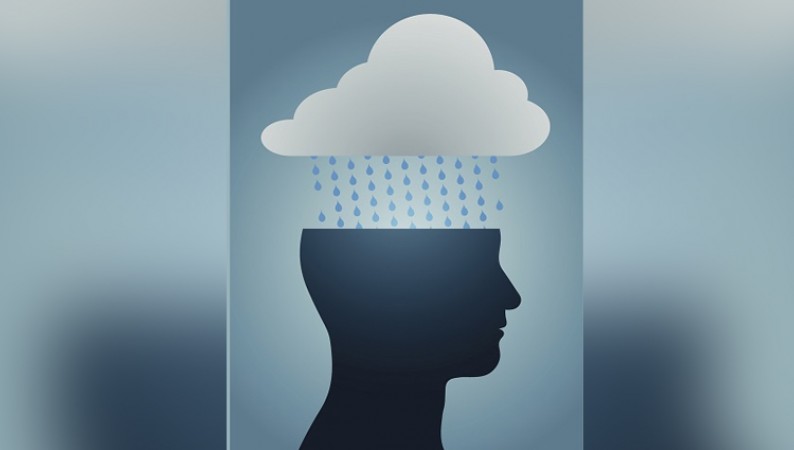
DEPRESSION AND STROKES: Poststroke depression (PSD) is common, affecting approximately one third of stroke survivors at any one time after stroke. People with PSD are at a higher risk for suboptimal recovery, recurrent vascular events, poor quality of life, and mortality, as per the American Stroke Association, a branch of the American Heart Association..
A scientific statement from the Association states that around one-third of stroke survivors have depression, compared to 5%–13% of people without stroke. It can reduce quality of life and make recovering after a stroke more difficult if left untreated.
"Depression after a stroke can be a normal psychological reaction to the stress of the injury, disability, or close call with death brought on by the stroke," said Lee H. Schwamm, M.D., FAHA, a professor of neurology at Harvard Medical School in Boston and a volunteer with the American Heart Association.
In other situations, it might be brought on by modifications to the brain's anatomical, electrical, or metabolic makeup. The mechanisms that control emotion may be harmed by injuries to specific brain regions, leading to despair, anxiety, or PTSD-like symptoms in stroke survivors. Two examples of the many disorders that endanger brain health are depression and stroke. The Life's Essential 8 programme from the American Heart Association is an effective way to safeguard brain health and promote longer, healthier lives.
The American Stroke Association Advisory Committee's immediate past chair, Schwamm, advises stroke survivors who feel depression to seek evaluation and therapy from a licenced practitioner. Self-care is essential because stroke can impair one's ability to eat, sleep, use the restroom, and perform other physiological functions.
This includes contacting friends and family for emotional support and to help one overcome any shame associated with asking for assistance. However, many stroke survivors are reluctant to seek assistance and may require additional support to recognise the signs of depression and seek therapy. This is because both stroke and depression still carry societal stigma and shame.
Similar to other types of depression, therapy, medication, stress-reduction techniques, and regular exercise can all be beneficial. Depression is a serious medical disease, thus fast and effective treatment is essential. Depression treatment not only elevates mood but also promotes intellectual, physical, and cognitive recovery. Several studies demonstrate the correlation between depression and a lack of social support. For a stroke survivor's long-term mental welfare, support from family, friends, a stroke support group, or a combination of resources may be helpful. It may also be a crucial component of a post-stroke depression treatment plan.
Study finds COVID infection raises diabetes risk
Study finds Protein droplets may cause varied genetic diseases
Study finds, Least wealthy more likely to have mental health disorder